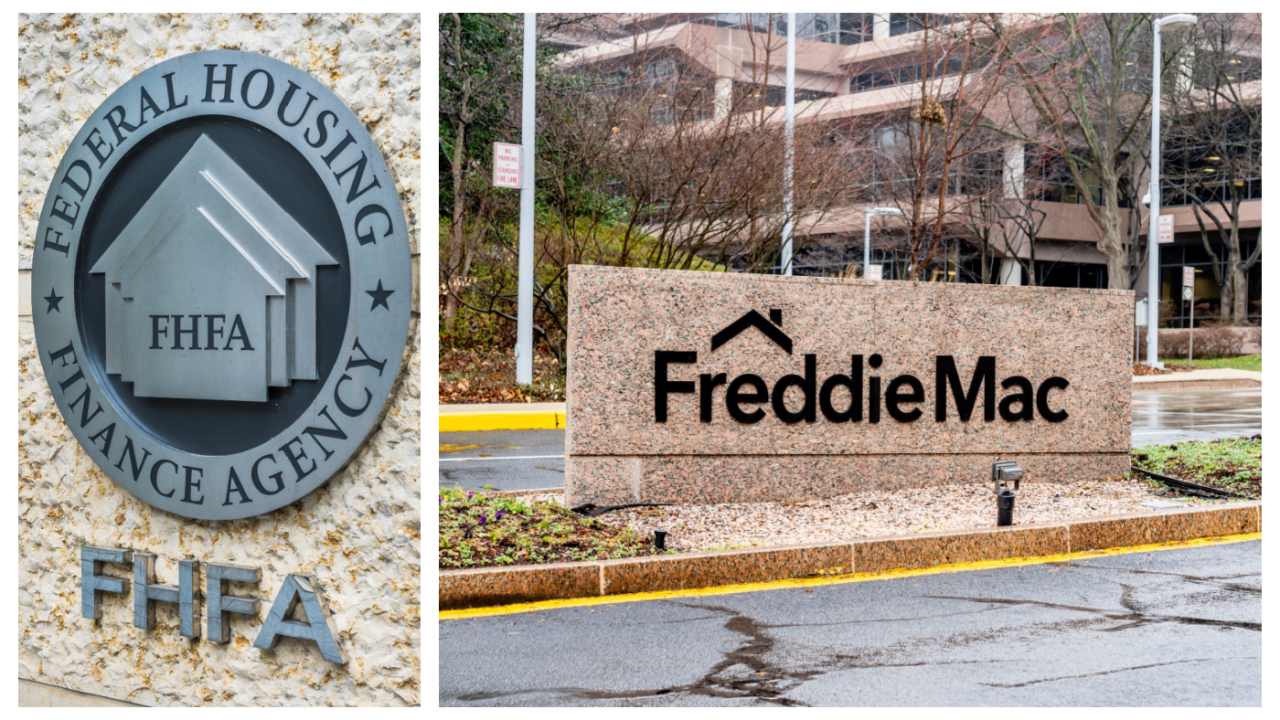-
Second-lien loans make up virtually the entire pool, which carries some risk of poor recovery rates. Yet 78% of the pool is also considered safe-harbor mortgages.
March 24 -
For bond investors who'd been piling into Treasuries over recent weeks, Wednesday's Fed policy announcement offered vindication.
March 21 -
Borrowers are considered prime in this pool, but Fitch Ratings notes that delinquency rates have been increasing since 2022.
March 21 -
The Consumer Financial Protection Bureau has rehired more than 100 fire employees, but the union claims dozens of employees have not been reinstated in violation of a federal court order.
March 21 -
The head of operations at the Federal Housing Finance Agency and two C-suite leaders at the government-sponsored enterprise are out, according to Semafor.
March 20 -
The issues are hindering the Federal Deposit Insurance Corp.'s ability to meet its regulatory duties, according to the agency's Office of Inspector General.
March 20 -
Total hard credit enhancement will represent 4.5% of the note balance, and initial reserves amounting to 2.0% of the pool.
March 20 -
The $1 billion securitization includes a $424 million fixed rate Aaa-rated portion with a yield of 5.133% as well as a $424 million floating Aaa-rated portion priced at 110 basis points over the Secured Overnight Financing Rate.
March 20 -
Chair Jerome Powell repeated the central bank is not in a hurry to adjust borrowing costs. Officials can wait for greater clarity on the impact of policies.
March 19 -
After the Federal Reserve moved to slow the pace of quantitative tightening, the Fed chair floated the idea of continuing to allow mortgage-backed securities to roll off its books even after the central bank has met its monetary policy objectives in reducing its balance sheet.
March 19








